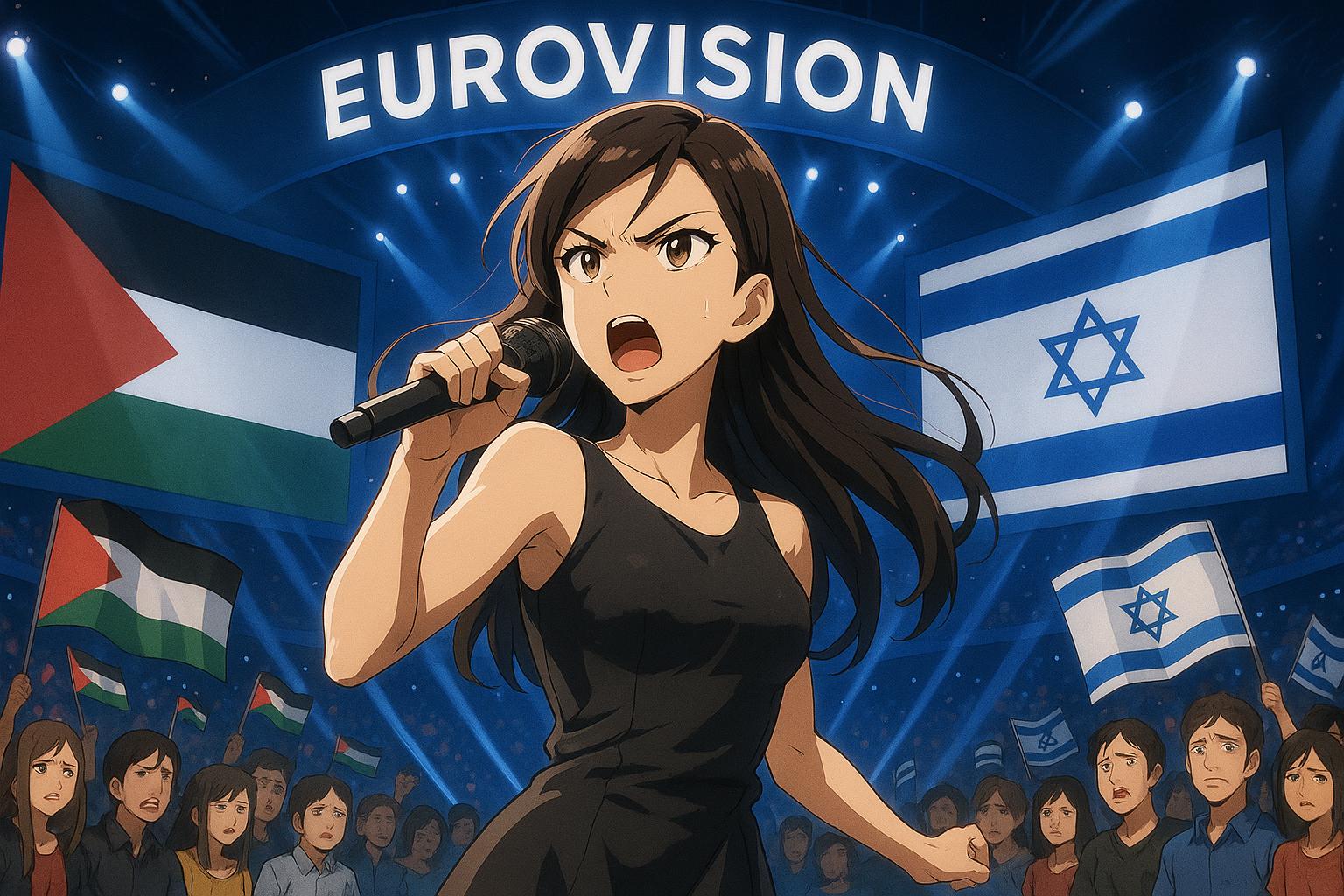Eurovision 2025 has once again found itself at the centre of controversy, particularly surrounding the performance of Israeli singer Yuval Raphael during the semi-finals. As her song "New Day Will Rise" reverberated through the auditorium, reports of audience boos emerged, igniting a spirited debate about censorship and the broader sociopolitical context of the contest. Viewers at home, particularly those tuning in via BBC One in the UK, alleged that the broadcast had minimised or even artificially muffled the dissenting sounds from the crowd. Various clips shared on social media appeared to corroborate these claims, showing a significantly louder booing than was captured during the official transmission.
The European Broadcasting Union (EBU), which oversees Eurovision, has firmly refuted these allegations. According to a spokesman, the organisation heard no booing during the performance, maintaining that the atmosphere remained "positive and celebratory." Martin Green CBE, the director of the Eurovision Song Contest, echoed this sentiment, praising the commitment of fans to support all artists in the spirit of unity through music. "Our fans have demonstrated their passion and fairness brilliantly so far," he stated, referring to the vibrant atmosphere throughout the event even amid heightened tensions.
This year's contest has unfolded against the backdrop of intense conflict in Israel and Palestine, leading to calls for Israel's exclusion from Eurovision. Concerns have been heightened following the tragic escalation of violence, which Palestinian health authorities report has resulted in over 52,800 fatalities, a significant number of whom are civilians, including women and children. Many advocacy groups have described the events as genocidal, and the fallout from an attack by Hamas on October 7, which killed approximately 1,200 people at a music festival, has also added layers of complexity to the context surrounding the competition.
Raphael herself, a survivor of the October 7 assault, had anticipated a mixed reception, stating that she "expected" to be booed but was determined to perform heartily regardless. However, the performance was not without disruption. During the rehearsals, Swiss broadcaster SRG SSR confirmed that six spectators were expelled for booing and waving Palestinian flags, highlighting the emotional and political volatility surrounding the event.
Compounding the situation, commentators from Spanish broadcaster RTVE had requested the EBU to review Israel’s participation due to the ongoing humanitarian crisis in Gaza. Commentator Tony Aguilar lamented the high civilian toll in the conflict, drawing attention to data from the United Nations. Activist groups in Switzerland criticised the EBU for what they perceive as complicity in legitimising Israel amid allegations of violations of international law, arguing that this directly contradicts Eurovision's values of inclusivity and celebration.
As the Eurovision Grand Final approaches, set to air on Saturday, anticipation mingles with trepidation, prompting many to reflect on the implications of music in a deeply divided world. Amid ongoing protests and rising tensions, the event serves not only as a platform for artistic expression but also as a focal point for broader global discussions on conflict, identity, and the power of collective voice.
Reference Map
- Paragraph 1: 1, 2
- Paragraph 2: 2
- Paragraph 3: 3, 4, 5
- Paragraph 4: 6
- Paragraph 5: 7
Source: Noah Wire Services
